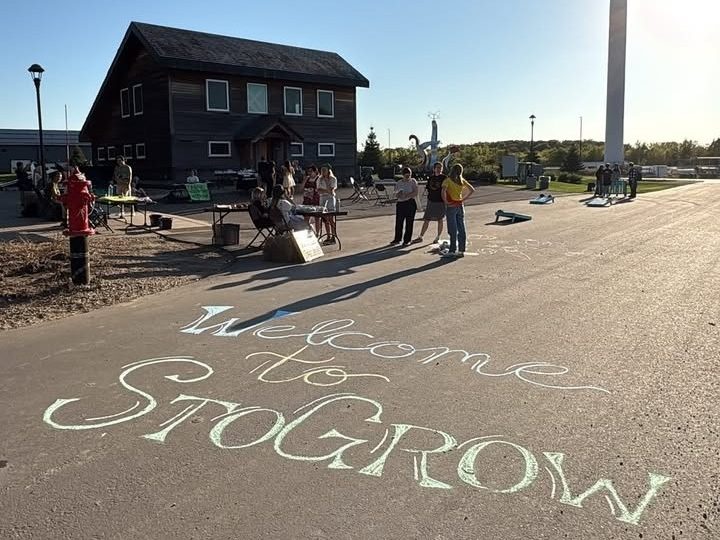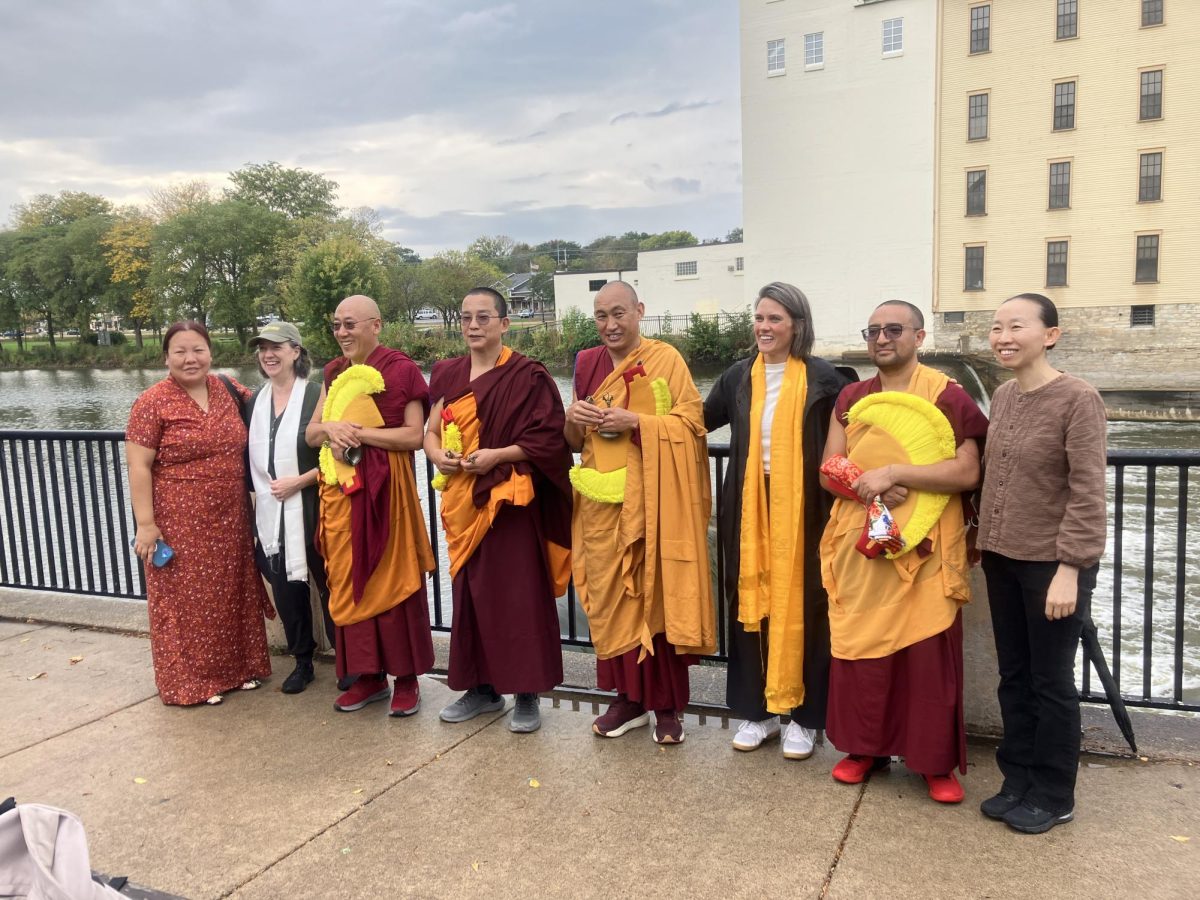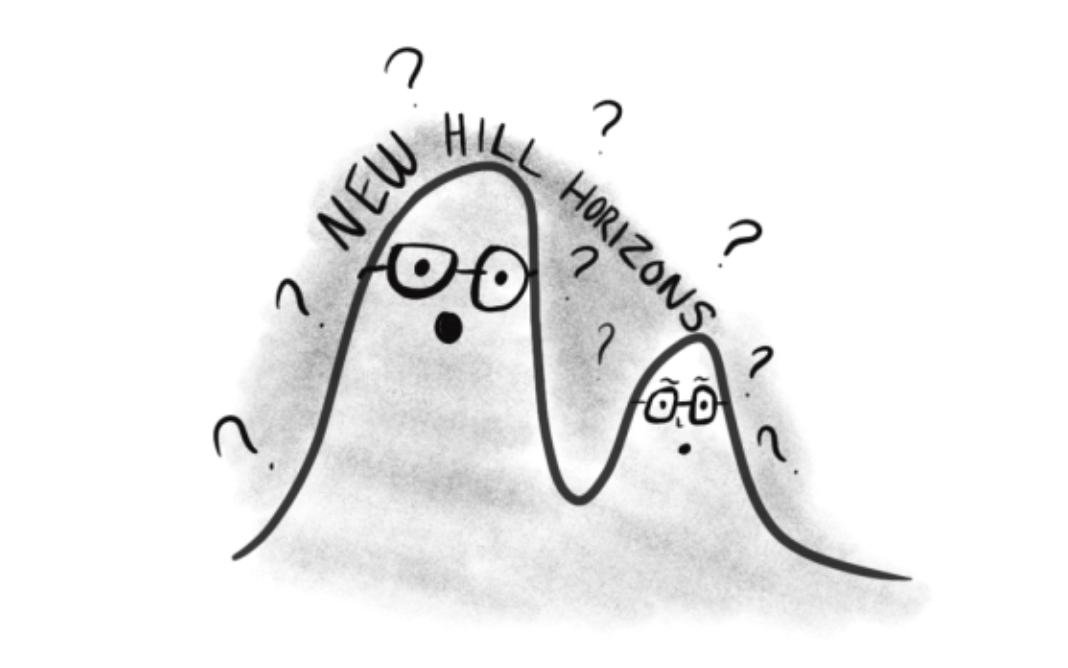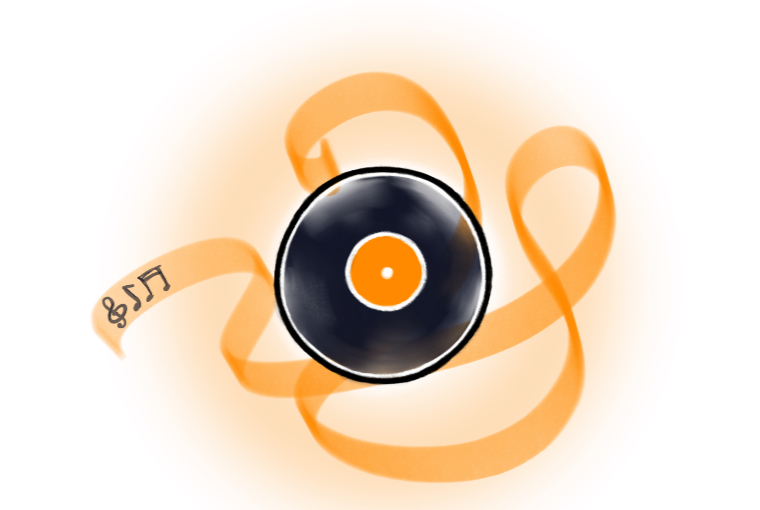Illustration: Andrew Mazariegos- Ovalle/The Olaf Messenger
Recently, I got lunch with someone I’m still in the process of getting to know. We discussed an upcoming theater production, and they asked, “Do we know anyone in it?” It took me a moment or two to respond. What made them think that “we” should know the same people? After not long knowing each other, was there a shared base of friends or acquaintances? There comes a time in any relationship when the dreaded word “we” enters the vocabulary. What is so different about that first-person plural pronoun, and why does it feel so important? What makes “we” so different from “you and me?”
Walking across the Quad after lunch, the two-letter word that filled me with so much dread reappeared. Someone walking by me said, “We are going to rehearsal and getting dinner.” Using “we” sent a shiver down my spine when I didn’t even know what context they used the word, and I got freaked out. Why am I so pathologically averse to the word “we?”
As I tried to understand this overreaction to a similar concept, referring to yourself and another in a plural form, I thought more about when I use the word. I never hesitate to say “we” about my friends, coworkers, and podmates. But I struggle to use the word “we” when it comes to someone I don’t know well.
If we’re still getting to know each other, is there a “we?” “We,” to me, symbolizes a shared past, present, and future. When I say “we” about my friends and me casually, it signifies our friendship and dedication to that relationship. Perhaps that is why this person refers to them and me as a collective shook me. It was one of the first times I’ve spoken to them for an extended period, and I’m still navigating how they fit into my life. “We” means commitment, a shared sense of unity in what the relationship means to us.
And just like that, it hit me. My hesitancy to use and aversion to hearing is because of my fear of losing independence. Joining a collective, a “we,” means surrounding some of the independence I love. I fear losing my independence and becoming one of those people who is always with another person, whether a significant other, friend, roommate, or coworker. This is not to say that I mind being grouped in with the people I love, but I fear losing myself to becoming part of a pair.
If I want to continue getting to know someone, I need to release my expectations of us and fears of what that would mean. I still think that asking if “we” know people is weird. Or maybe I’m strange for taking the use of pronouns as a sign of something deeper.






